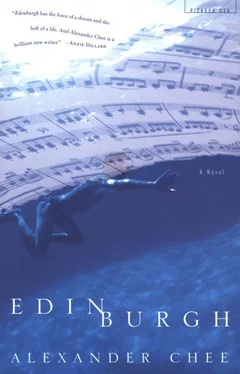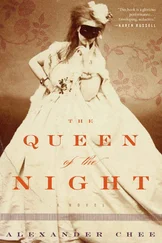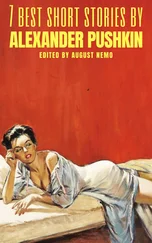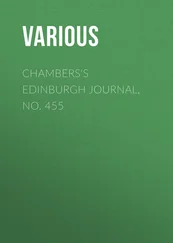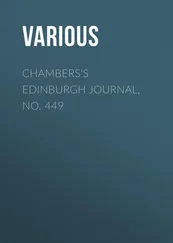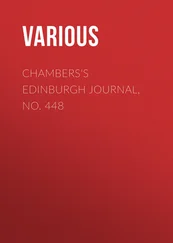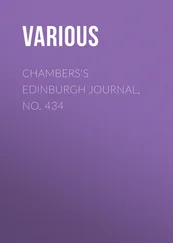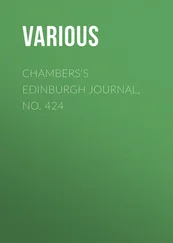Like lightning, there is light suddenly everywhere, the light of your life speaking to you. What it tells you is almost the same as what happened. Never mind that almost isn’t good enough; it’s all you have.
Warden had come to your house, butterfly net in hand, dressed in shorts and a rain slicker. He looks young this day (some days he looks old). He smiles as he comes down the long hill of the back field. You live here, he asks. You say yes.
Invite him in for coffee. Watch through the window behind him where he sits in your kitchen as the sun runs down the sky in spills from holes in the rain clouds, watch the fields go dark then light, watch grass and wild lupine rise in cones of blue to twirl there in the April air. Listen to him run the water in the sink to wash his hands. You ask him if he will sit for a sketch. You haven’t sketched in years. You bring out your book, grab the easel from where it has sat since you moved in. Like this, he asks.
Yes, you say. In that coat. It’s your intention somewhere in what you call a head that you are sketching the outdoors by sketching him this way, as if he were a piece with the field and sky and storm outside. You remember something a drawing teacher told you about drawing with two hands and you take a pencil in each hand and you draw.
Why are you using both hands, he asks.
Because otherwise you draw only the same line, you say. Drawing this way destroys the line. You are free. He smiles at this and you draw the smile, as close to it as you can, which it turns out is pretty close.
Lovely, he says, when you show him later.
What were you thinking of, you ask.
He says, I was thinking of you telling me I was free.
This is when Bridey opens the door. Oh hello, Edward, he says. To you he says, I see you met the butterfly catcher.
You look at Warden. He is looking strange, smiling again. I’m sorry, he says. I’ll go now.
Warden, you say. Edward?
Arden is my middle name, he says. My grandparents gave it to me. I didn’t like Edwards, so I didn’t really want to be one. But it is my given name, and when I meet a stranger, that’s the name I give.
He leaves shortly thereafter. He heads out the way he came, up the hill, a cloud tuft barely visible there, sunlit, like a white shout from the top. He heads for it, the net a pennant. Bridey leans against you. What the hell is that about, he says. Stalker?
There is a part of you, you see now, that is reckless. A part of you that still always wants to die but never wants to really go after it. So it makes mistakes instead. Or it says, when trouble comes in and has lemonade, I wonder what this will look like. If I sit still. If I do nothing. So you say, Oh, I don’t think so. I think there’s nothing more to it than that he’s a very strange boy. Father’s in prison, apparently. The school has basically raised him.
Bridey is now looking over the drawing you did of Warden. I love it, he says. I’ll have it framed. Sign it. And you do. As you do you realize how clever Bridey is, how much of you he can take. You forget, you realize, all the trouble he was up to before he met you, before he decided you were all the trouble he wanted. He knows how to handle himself, you think. Which is why you are sure of him. You, apparently, are the one you have to worry about. That day, as your pencil inscribes your tiny name at the drawing’s foot, you know what is ahead, he knows, Warden knows. The drawing was like an invitation you wrote.
The next time Warden is at the house it is the party.
That summer, Bridey had taken you down to see friends in Ogunquit, and one of them has admitted to being a gay Episcopalian priest. As the five of you sit on the patio having cocktails, you say, Does that mean, you could marry us?
Jesus, Bridey says. Have another cocktail. And he gets up and goes inside.
That’s romantic, Bridey, your friend John Mark yells to his back.
Getting another cocktail is very, very romantic, Bridey yells back.
Yes, the priest says. Well, I could… I can’t give you an Episcopalian wedding. But I have done commitment ceremonies.
Bridey returns. And deliver us from Evil. Oh, hi. And he sits down, stirring a new cosmopolitan.
You jump down on your knees. Bridey, you say.
Don’t make me waste this drink on your head, he says.
Bridey, you say. Please. Marry me.
John Mark coughs, behind you.
Get the hell up, Bridey says. I’ve been married before. You want to be my official husband? Where’s my ring?
John Mark pulls, from his hand, one of the several rings he has there. This one is a knuckle guard crossed by a pirate skull and crossbones. Use this for now, he says, and hands it to you.
He stands above you. You can’t read his expression. His eyes meet yours. For that moment you imagine you can enter and walk down them like halls.
For the ceremony you all stand on the beach at midnight, each of you with a black-eyed Susan in your hair, each holding sea roses you found on your way to the beach. The flowers were Bridey’s idea. The gay priest is nervous, a little drunk, but seems possessed by the occasion now, as if you couldn’t stop him from marrying you even if you wanted to. And the sea’s night is a cold kelp embrace of the invisible, this wedding a way to keep death at bay, surely now, death will leave you alone for the long moment this takes. The cold feels like bravery tonight. Here on the beach, you and Bridey, John Mark by your side, his friend Justin by Bridey, and the gay priest, Darren, in the center. There are no accidents, he begins. We find each other because we need each other. We find each other because Love is the Lord’s command. The one thing God asks of us in our lives, besides loving Him. Bridey and Fee are here because they have followed the Lord’s command to love each other and in doing so to find the Lord, and we are here to witness their love.
You hadn’t expected him to talk about God, but what did you expect? He is a priest. He takes your hand, takes Bridey’s hand, puts them together, Let what the Lord join, no man put asunder. Do you, Bridey, take Fee, as your husband, before God?
I do, he says.
And do you, Fee, take Bridey, as your husband, before God?
I do, you say. And then you kiss him. Done.
And so the party. Bridey had strung the tent with his paper rose streamers, which had taken him weeks to make, and you were reminded that day of how for the weddings of Korean royalty, flower garlands were made and hung on the palace. The white tent caught all of the light that day and glowed, the paper roses flashed as they shot up and down in the wind, and you had forgotten, that morning, how you had asked Warden to come by early. Forgotten until he was there, with you in the tent, waiting for you to notice him.
Hi, he says, when you look up. He’d had his hair cut so it shot up at odd angles across his head, mussed and held there by gel. His shirt reads bethune swimming. Brand-new jeans across his tiny hips, covering his long legs. Speedo slides on his long feet. He is tan, and beautiful with a tan in the way you can only be if you are blond and seventeen and it is summer in Maine. A way you remember, from growing up.
Let no man put asunder. No mention of a boy. Put your hand here, you tell him, and nod at the corner of the tablecloth you are trying to box-fold around the folding table. I don’t feel this, you tell yourself. This isn’t me feeling this.
10
Destroying the line.
In the legend of Narcissus, it wasn’t that he was in love with his reflection, entirely. His reflection, as his love object, had the ability to move him. Who of us can move ourselves? His love is a legend for it.
Peter is there just past the red of my closed eyelid. Peter at the center of the light that spreads the red, hidden in the center of the flame. Burning hides what it burns there. The letter like a torch. Peter was never mine, I see now, because I was his. I belonged to him as certainly as the dog that always sought out the palm of his hand.
Читать дальше
